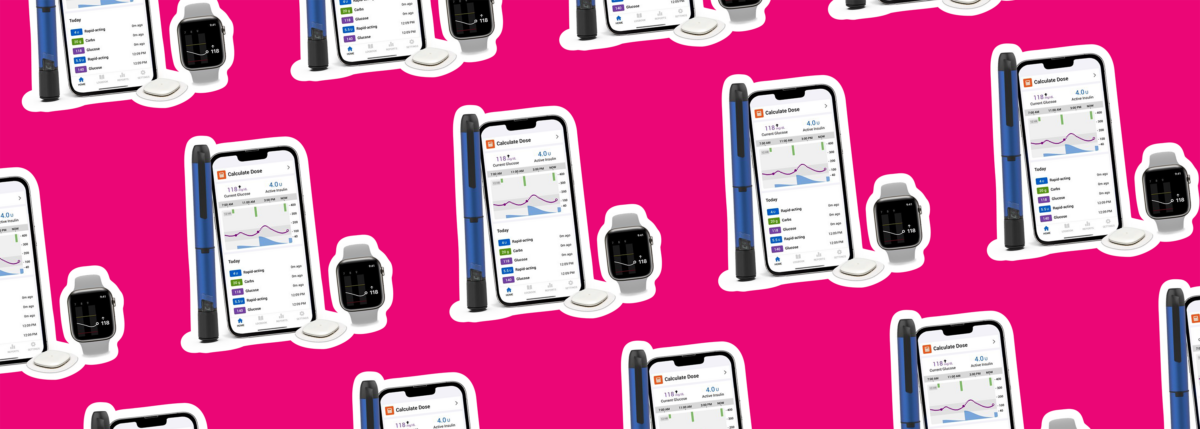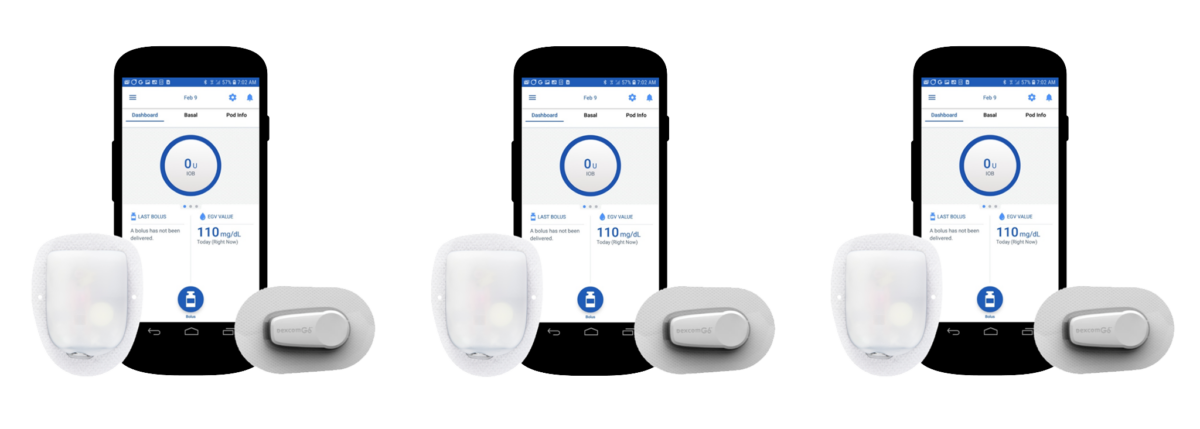The Affordable Insulin Now Act: A Step Toward Federal Legislation
Written by: Julia Flaherty
5 minute read
March 3, 2022
On Friday, February 17, 2022, Colorado U.S. Senator Michael Bennett, Georgia U.S. Senator Reverend Raphael Warnock and several of their colleagues introduced The Affordable Insulin Now Act. This act would require Medicare plans and private groups or individual plans to cap the cost of an insulin prescription at $35 per month at the pharmacy counter. If passed in its current form, this legislation would benefit insured people with diabetes across the United States.
How the bill could help people with diabetes if passed in its current form
If passed in its current form, the bill will apply to two major groups of insured people with diabetes after October 1, 2022. These groups include Medicare Part D participants who are covered for the plan year 2022 and people who are covered by commercial (group or individual) health insurance plans after January 1, 2023.
- No deductibles will be applied to insulin products, but the $35 copay will count towards the insured’s deductible and out-of-pocket maximum.
- In other words, although you don’t need to hit your deductible for the $35 to apply and your payment of $35 will apply towards your deductible.
- Group or individual plans will cover one of each dosage form, “such as vial, pump, or inhaler dosage forms,” of each type (rapid, short, intermediate, long, ultra-long and premixed), as selected by the group plan or health insurance carrier.
- The program does not operate on formulary cost. The insulin that is covered can be whatever the insurer selects. In other words, if the medication is out-of-network, such as if you prefer Humalog, but your insurance selects Novolog as the single brand they will put on the formulary, you will pay a higher amount than $35, up to the current list price.
- For Medicare beneficiaries, all current insulin products on a plan formulary in 2023 and 2024 will be $35 per prescription, and in 2025, all insulin products, whether on the formulary or not, will be $35 per prescription. In addition, there will be a maximum $2,000 cap on out-of-pocket costs for Medicare Part D.
- The maximum cost-sharing amount is $35.
- In other words, you cannot be charged more than $35 out-of-pocket if you fall into the categories above.
Similar legislation regarding insulin was included in the large Build Back Better Act. The Senate majority did not bring this bill to a full vote as it would not pass. In his most recent State of the Union address, President Joe Biden called for capping out-of-pocket insulin costs at $35 per month to improve Medicare standards and help people in nursing homes.
Over the past few years, several hearings and reports have focused on the high out-of-pocket cost of insulin, with all political parties agreeing that people with diabetes need financial relief. Unfortunately, no bill introduced in Congress yet has moved forward to a vote. Currently, there is no word on when this will come to a vote.
This bill does not address the high list price of insulin, but rather how much an insured individual pays out-of-pocket for a prescription. This bill will not help people with diabetes who are uninsured or have a non-ACA (Affordable Care Act) insurance plan. However, the latest Commonwealth Fund Biennial Health Insurance Survey, 2020 found that 43.4 percent of adults in the U.S. were underinsured. If you are underinsured in America, this means that 5 percent or more of your out-of-pocket health costs add up to 10 percent or more of your household income in a tax year.
Why it matters
It is difficult to get bills to pass at the federal level as more barriers need to be crossed for them to pass. It is typically less complex (but still tricky nonetheless) to pass bills at the state level. Several states have proposed bills to cap the insulin prices, but not many have gone through. Most notably, Colorado was the first state in the country to pass an insulin copay bill, ensuring some insured patients would only pay $100 per insulin prescription refill. This law went into effect on January 1, 2020. One year later, Illinois signed a similar bill that went into effect on January 1, 2021. Similar bills have been proposed in 36 other states.
In addition to Colorado and Illinois, Connecticut, Delaware, Illinois, Maine, Minnesota, New Hampshire, New Mexico, New York, Utah, Virginia, Washington and West Virginia have passed varying insulin pricing legislation covering certain insured people with diabetes. However, state copay caps do not apply to those who are employed by companies with offices in multiple states or self-funded insurance plans. Many people with diabetes were shocked at the pharmacy counter to find the copay cap law in their own state did not help them.
Among the 34 million Americans who live with diabetes today, 8.3 million rely on insulin. The average list price of modern insulin in America is over $300 per vial. People dependent on insulin often need multiple vials per month to survive, which doesn’t begin to include the expenses of other diabetes medications, care and supplies. While copays caps are a step, they do not fully resolve the insulin crisis. Insulin should be affordable to everyone who needs it regardless of their background or circumstances.
Learn more about the importance of insulin price cap laws here.
We believe
Everyone impacted by diabetes—type 1, type 2 and beyond—has a right to the best care possible for their unique situation. This means access to the technology, medications, support, and clinical care teams that help each individual manage their chronic condition. We work to increase access and remove barriers, giving our community the tools needed to succeed.
High quality, modern insulin must be available to people with diabetes regardless of employment or insurance status, across all demographics, without barriers and at an affordable and predictable price point.
Learn more about Beyond Type 1’s grassroots advocacy campaign and start your advocacy journey here. You can now use this page to send video or email messages to your members of congress.

Author
Julia Flaherty
Julia Flaherty is a published children’s book author, writer and editor, award-winning digital marketer, content creator and type 1 diabetes advocate. Find Julia’s first book, “Rosie Becomes a Warrior.” Julia finds therapy in building connections within the type 1 diabetes community. Being able to contribute to its progress brings her joy. She loves connecting with the diabetes communities, being creative and storytelling. You will find Julia hiking, traveling, working on her next book, or diving into a new art project in her free time. Connect with Julia on LinkedIn or Twitter.
Related Resources

On November 20, 2024, Medtronic received FDA clearance for its latest InPen app. This advancement...
Read more

Eli Lilly and Company is helping patients and caregivers understand important changes to Medicare Part...
Read more

Already compatible with Dexcom’s G6 and G7 continuous glucose monitors (CGMs), the Omnipod 5 Automated...
Read more

